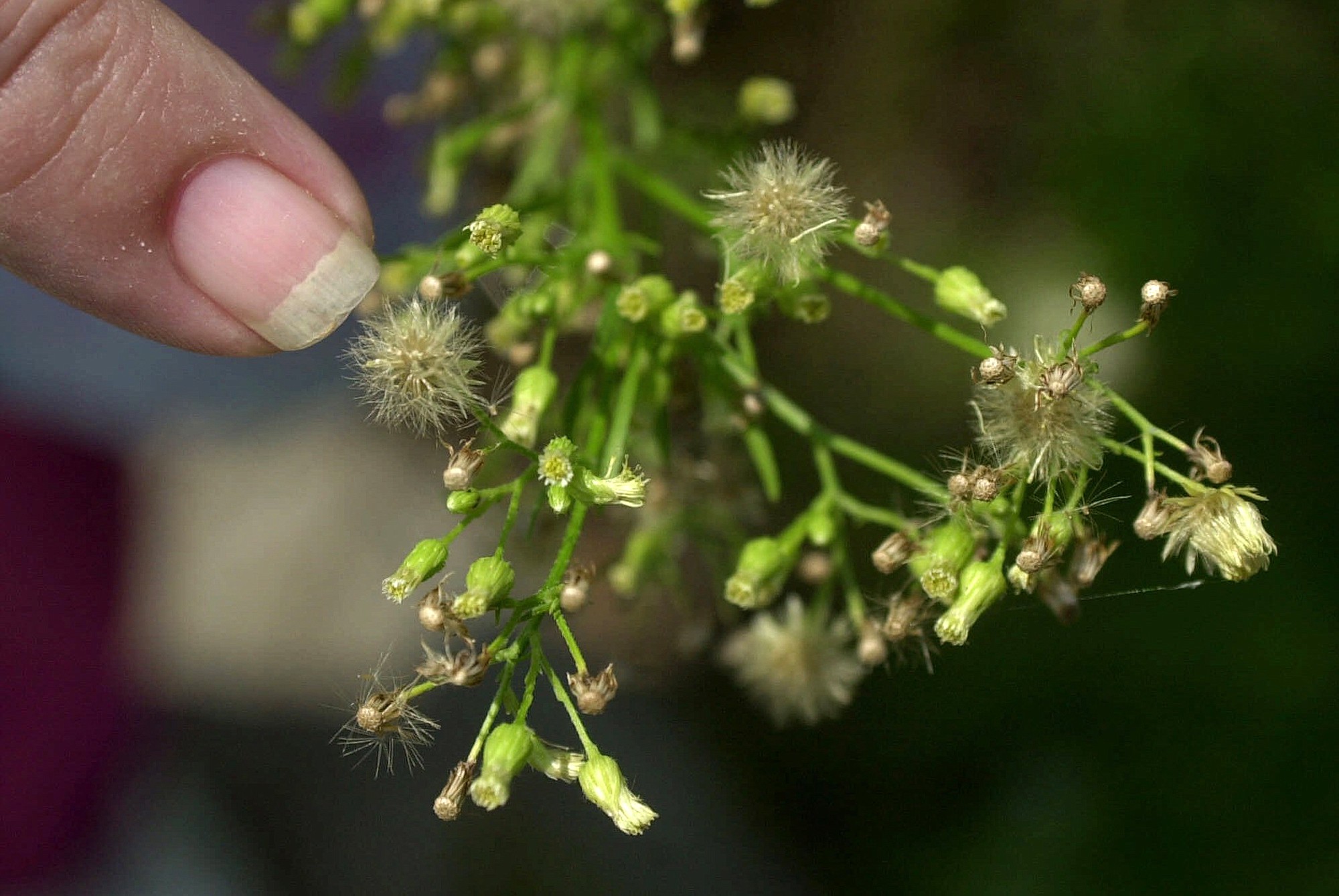PORTLAND — June is a cruel month for allergy sufferers in Willamette Valley, with grass pollen swirling off fields and ramping up the misery index many miles away.
With swollen eyes, runny noses and itchy throats, patients are flocking to physicians for relief.
“We’re in the season,” said Dr. Donald Dibbern, an allergist at the Allergy Clinic in Portland. “It’s accelerating and on the upswing, and we’ve not peaked yet this year.”
The grass pollen counts doubled this week from last week and last week they were double from the week before, Dibbern said.
And that’s just in Portland. The website Pollen.com, which is based on weather forecasts, lists Eugene as the worst city in the country for allergy sufferers right now. But pollen counters on the ground in Eugene show the situation has actually improved.
On June 8, the pollen count soared to nearly 800, said Judy Moran, a research nurse at the Allergy and Asthma Research Group in Eugene. It was nearly half that on Wednesday and fell again on Thursday.
But anything over 200 is considered very high. Successive days of high counts – regardless of the number -add to the suffering.
Blame the grass seed industry in the Willamette Valley. Oregon, a top grass seed producer in the world, usually leads the nation in pollen counts from May 15 to July Fourth. But the season started about a week earlier than usual this year and appears headed for a later end.
“It looks like the extent of our season is increasing as well as the severity of the season,” said Dr. Anthony Montanaro, chief of the allergy department at Oregon Health & Science University.
Nationwide, as many as 60 million people suffer from allergic rhinitis, more commonly known as hayfever. Symptoms, which include congestion, sneezing and a cough, can be debilitating.
“People are really uncomfortable,” Montanaro said. “It has a tremendous impact on the quality of life.”
So what’s a patient to do?
Seek refuge indoors. Don’t exercise outdoors. Take a shower when you get home.
“It sounds simple but showering when you’ve been outside removes a lot of the pollen,” Montanaro said.
Air conditioning also helps. So do air filters. Then there’s medication.
Allergists say over-the-counter antihistamines and nasal steroids for those with nasal symptoms are highly recommended. There are also prescription meds and allergy shots for severe symptoms.
The grass pollen season folds into the weed season. The good news for Oregonians: Our weed system tends to be relatively mind.
But the bad news: The grass pollen season probably won’t be over for a month.



